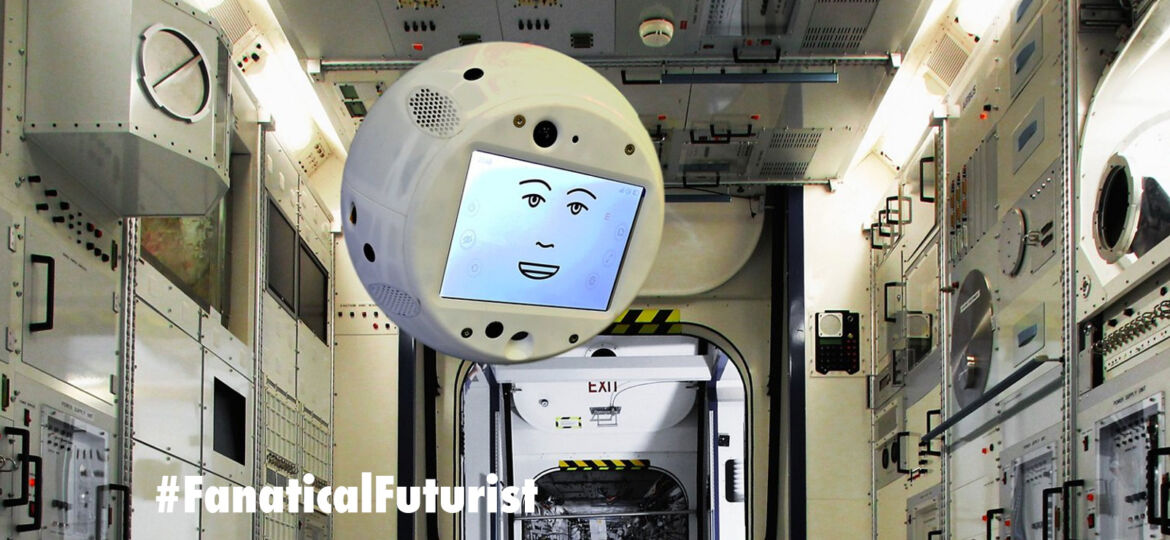
WHY THIS MATTERS IN BRIEF
As the space industry steps looks to explore more space and even colonise and mine new planets the demands on astronauts is increasing, so CIMON and its descendents will be used to help lighten their load and make them more productive.
IBM Watson is coming to the International Space Station (ISS) in the form of a “floating brain,” after Airbus went out to find a partner who could help them build an Artificial Intelligence (AI) specifically designed for living on the ISS where Watson’s new name will be Crew Interactive Mobile Companion, or CIMON for short.
“CIMON will be the first AI-based mission and flight assistance system,” said Manfred Jaumann, Head of Microgravity Payloads at Airbus, “we are the first company in Europe to carry a free flyer, a kind of flying brain, to the ISS and to develop artificial intelligence for the crew on board the space station.”
Meet CIMON
CIMON, which at first glance doesn’t look too dissimilar to some of the other robots that are already flying around the ISS, is around the size of a medicine ball and weighs around 11 pounds (5 kg), and its entire structure, which is made up of plastic and metal, was created using 3D printing.
First conceived of in August 2016, CIMON has been built with one specific astronaut in mind from the beginning. Airbus worked with German astronaut Alexander Gerst in everything from training CIMON to recognise his voice to the AI’s graphic interface.
After CIMON’s functional testing is complete, Gerst will take it into space where it will begin helping him in three test runs, namely experimenting with crystals, working together to solve a Rubik’s cube and performing a complex medical experiment using CIMON as a flying camera.
CIMON will only have limited features in its initial voyage into space, which could come as early as next month and its basic testing will consist of optimising what are known as GNC algorithms, which stands for guidance, navigation and control, but researchers have high hopes that it, or some equivalent, will be able to accompany astronauts on longer journeys into space in the future.
Although Watson hasn’t always lived up to what some have called its “marketing hype” its framework should provide a good guide for creating a usable assistant in space, and if it can get that Rubik’s cube down with Gerst, then it could be one step closer to becoming a sidekick for future astronauts everywhere.
















